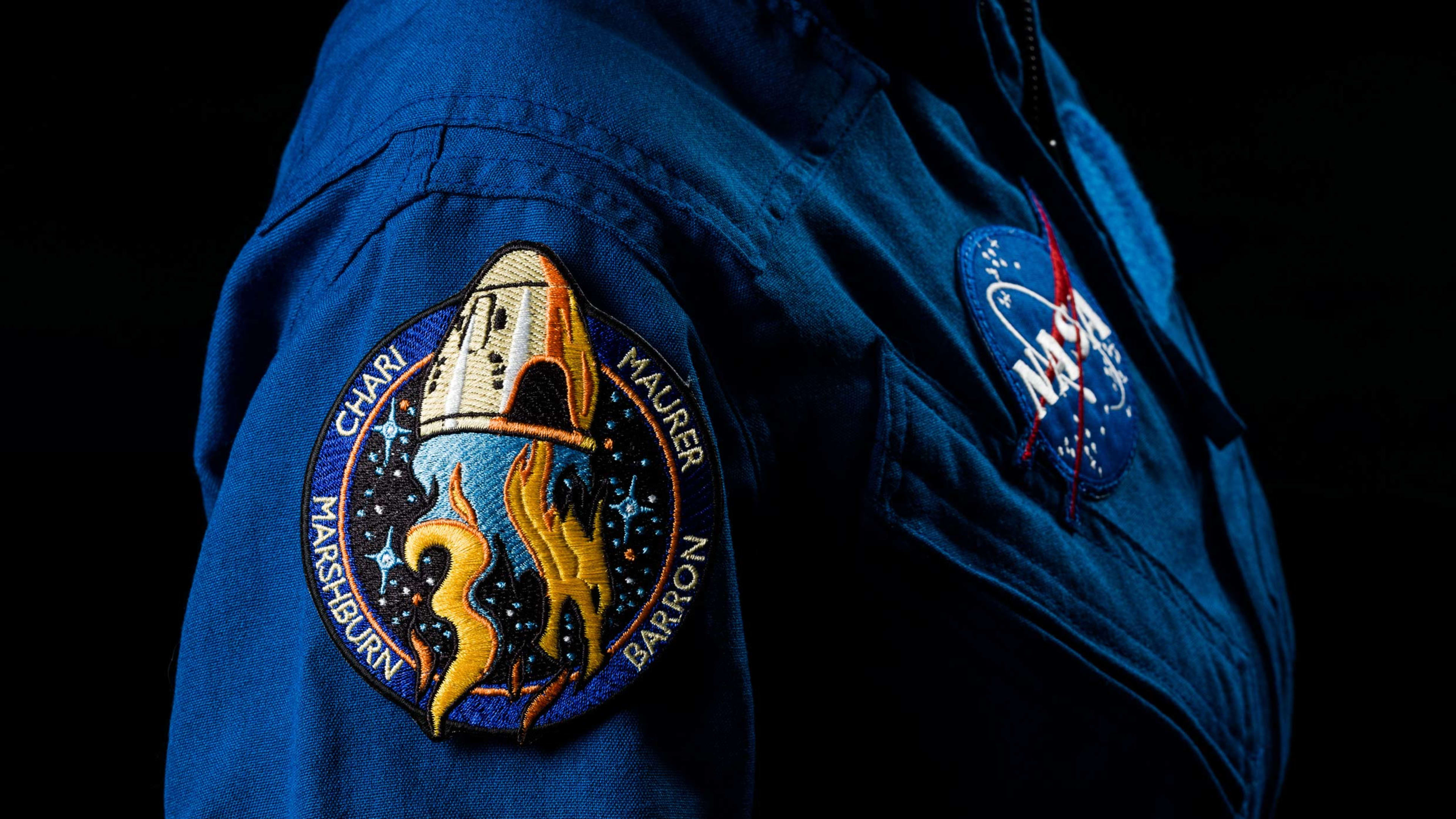The FAA is working on new rules aimed at ensuring the safety of commercial crew flights.
In a notice of proposed rulemaking issued last week, the FAA suggested a few new regulations to be officially incorporated into the U.S. Commercial Space Launch Competitiveness Act (CSLCA), mainly focusing on definitions and safety training for government astronauts.
A job for the professionals
In the notice, the FAA makes a clear distinction between government astronauts—i.e., those trained by NASA and either employed by the government or a partner government—and other participants in human spaceflight.
Much of the proposed rules revolve around incorporating this definition into the CLSCA and clarifying the responsibilities of government astronauts on commercial flights, depending on whether they are playing a critical safety role on those flights.
- It would require additional training for government astronauts in safety-critical positions on commercial crew vehicles.
- To be clear, NASA and its partners have already been training the pros who have flown on commercial vehicles on their unique safety procedures. The rule would make that existing practice an official requirement.
- Government astronauts in non-safety-critical roles would also need to undergo some safety training, but with the goal of ensuring they wouldn’t get in the way of safety procedures when needed.
A looming due date
As it stands now, the FAA only has the authority to regulate spaceflight safety as it pertains to people on the ground. Back in 2004, when regular commercial spaceflight was just a twinkle in a billionaire’s eye, lawmakers issued a moratorium on regulating the safety of commercial spaceflight participants in an effort to keep stringent rules from quashing the possibility of the new industry.
Since then, the moratorium has been extended twice. The final extension is set to expire this October. It’ll be up to Congress to decide whether to keep the regulatory pause going, or whether the industry is now mature enough for a few new rules.
This story originally appeared on Payload and is republished here with permission.
Recognize your brand’s excellence by applying to this year’s Brands That Matter Awards before the final deadline, June 7.
Sign up for Brands That Matter notifications here.
